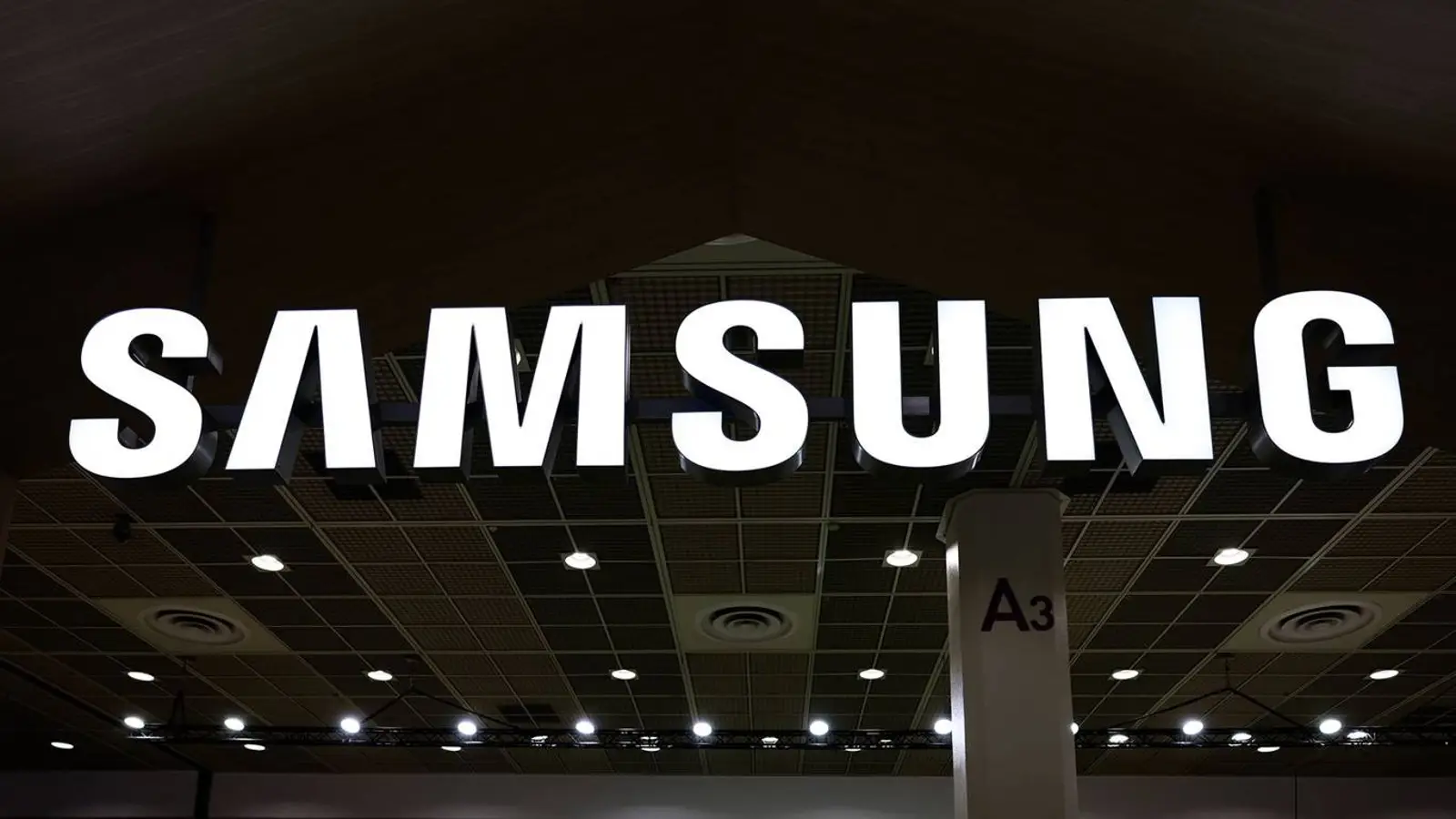Samsung Internet arrives on Windows: beta browser with AI and Galaxy sync
Samsung Internet comes to Windows 10/11 in beta. Get Galaxy sync for history, bookmarks and passwords, AI summaries and translation, and tracking protection.
Samsung Internet comes to Windows 10/11 in beta. Get Galaxy sync for history, bookmarks and passwords, AI summaries and translation, and tracking protection.

© A. Krivonosov
Samsung has officially brought Samsung Internet to PCs, extending its in-house browser beyond Galaxy phones to Windows desktops. It’s the first full-fledged outing on larger screens, even though the mobile app has been around for more than 13 years. After years of sidestepping a desktop release, the company is now changing tack.
The browser is available in beta for users in the U.S. and South Korea. It runs on Windows 10 (version 1809 and up) and Windows 11, and supports ARM-based devices. Samsung stresses it isn’t limiting the app to Galaxy Book laptops—the browser is available to all Windows users.
While Chrome rules Windows and Safari dominates macOS, Samsung’s bet isn’t to unseat Google so much as to tighten its own ecosystem, aiming to give Galaxy owners something akin to the iPhone-and-Mac pairing. Deep synchronization is the big draw: users can carry over history, bookmarks, and saved passwords between phone and PC with the kind of ease Apple owners get via Safari and Handoff. That kind of continuity tends to cement loyalty to the Galaxy universe, regardless of which Windows device is on the desk.
The desktop build also taps Galaxy AI tools. A built-in Browsing Assist can translate pages and produce concise summaries, making web work feel lighter. Samsung is bringing its privacy playbook from mobile to PC as well: the browser adds intelligent tracking protection and a privacy dashboard that shows which threats were blocked.
In the end, putting Samsung Internet on PCs is about laying bridges between Windows, Android, and Galaxy hardware. Where Apple leans into a closed garden, Samsung is trying to knit different platforms together. If the browser manages to gather a sizable audience, it could open the door to new opportunities for Samsung, from lucrative search partnerships to integrations with AI services—particularly those interested in high-quality user data.